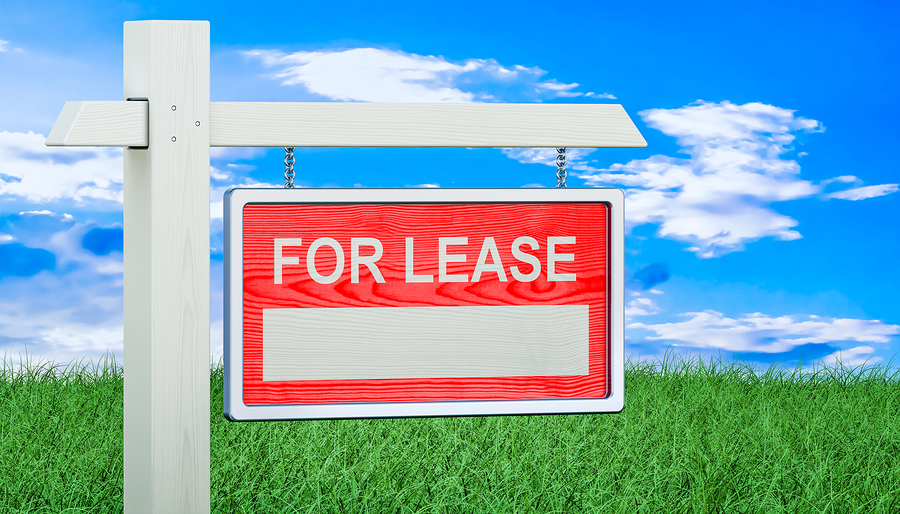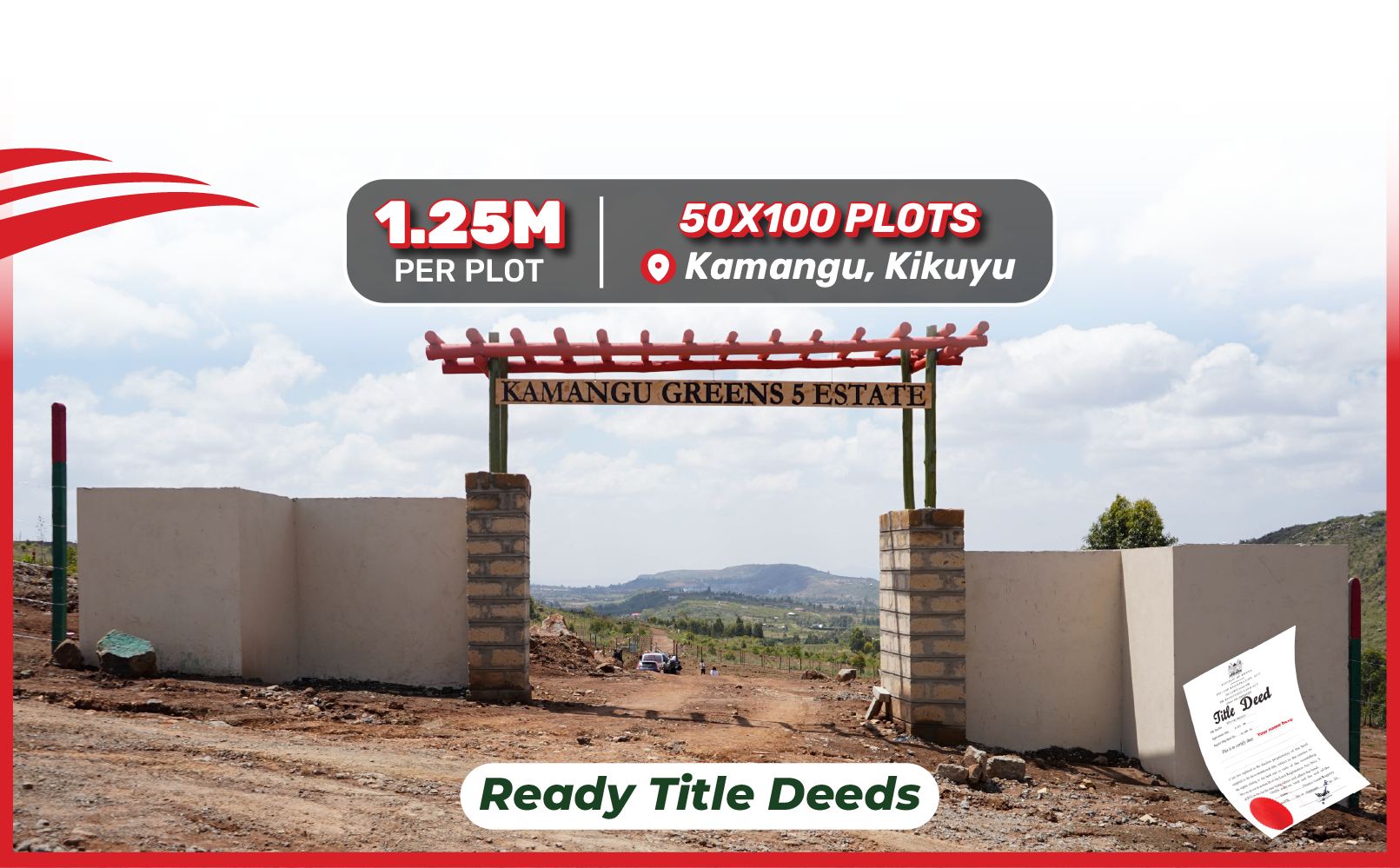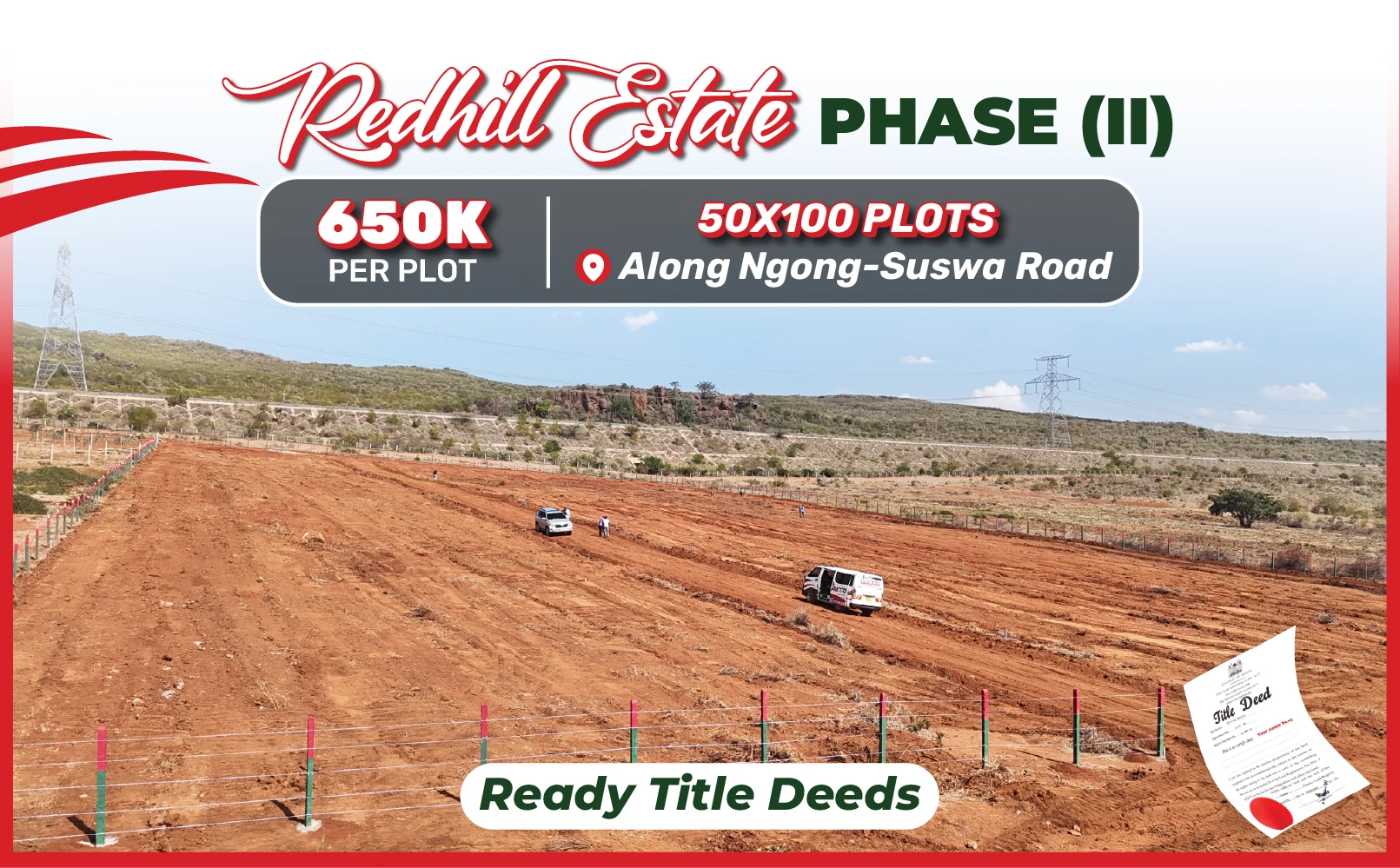Pros and Cons Of Leased land in Kenya
Leasing land simply entails the legal agreement wherein a person or organization pays money to another individual or organization for the use of some part of land for a specific period of time that usually doesn’t always exceed a period of 99 years.
7 Pros of Land Leasing
1. A contract ensures that no one can take the land from you at any given time because you initially had a signed written agreement that will serve as proof should anyone decide to doubt your presence there.
2. You are at liberty to check in and see the land whenever you feel like because you have the right to do so whenever you feel like. There are no limits to when you can access the land in particular since you have custody; it is actually like renting a home, which means you can always drop by whenever you feel like.
3. Leased land is always cheap compared to the one that has been fully purchased, which will help you save some cash for yourself as you plan to have one of your own.
4. You can always extend your ownership over the leased land if you want to. As long as the time you agreed to stay on the land terminates, you can always renew it time and time again as much as you see fit.
5. The landlord is in charge in this case and handles most of the things that ease what you will be handling.
6. You will get tax benefits by leasing land because you are not fully entitled to that property; hence, you will be exempt from quite a number of taxes, leaving it to the property or land owner as you are a temporary person there.
7. It gives the buyers the opportunity to experience what they’ve maybe never had a chance to experience in all their lives.
4 Cons of Leasing Land or Properties
1. You risk losing all of your equity at lease expiration.
Depending on the terms of the surrender clause because once you have leased land it becomes difficult to sell property as opposed to land that has already been purchased in other words you are tied to it because, should you see something else good you can’t drop it and reclaim your money as you already signed the agreement.
2. There are limits to what you can do with the property.
With leased land, there are limitations to what you can do on the land as compared to when you have already bought land and it is fully yours. Apparently, there are things that you can’t do on that leased land because the owner says so.
3. There are chances you may not get an extension.
Once your lease time is up, there are high chances that you may not be granted an extension on the land because the owner was probably approached by a higher bidder.
4. Not Profitable in the Long Run
While the landowner will be in charge of maintenance costs, in the long run, it is going to be more expensive than buying land. The landowner will try to make a profit off of you, and the one who will be receiving these blows will be you because of an increment in fee.




